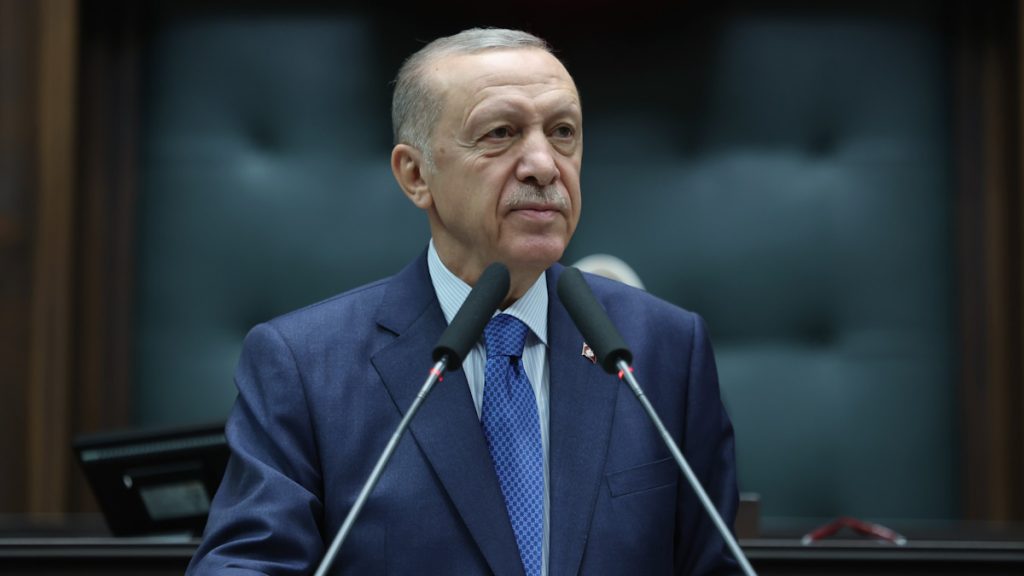The re-election of President Recep Tayyip Erdogan on May 28, 2023, has established the Turkish leader as the country’s longest-lasting office holder in modern history. Before assuming the positions of prime minister (2003-2014) and president (2014 to the present), Erdogan served as the mayor of Istanbul from 1994 to 1998.
Before Erdogan entered the political mix in Turkey, the founder of the Turkish republic Mustafa Kemal Ataturk held the record of 15 years in office, when he held the presidency from 1923 until his death in 1938. While Erdogan’s time in office is an impressive feat, it has come with its fair share of controversy.
Sinan Ciddi, a non-resident Senior Fellow on Turkey for the Foundation for Defense of Democracies, noted that in the past 18 months, north of 33,000 Turkish nationals had entered the United States from Mexico illegally and seeking asylum.
He concluded by asserting that it “Looks like they don’t buy into Erdogan’s inclusive nationalism and advanced democracy model. A tragedy of breathtaking proportions.”
While Erdogan has been politically successful, his time in office has been marked by several controversial incidents. Turkey is largely viewed as a managed democracy that has democratic trappings but still functions in an authoritarian fashion in its day-to-day affairs.
Under Erdogan’s leadership, the country has gradually embraced an illiberal, Islamist ethos that has made its secular military establishment worried. This likely provoked the 2016 military coup against the Erdogan government. A combination of pro-Erdogan demonstrators and loyalist military forces were able to quell this coup, which many believe was coordinated by the West.
Erdogan’s government continued pushing the envelope after it acquired the Russian S-400 air defense system in 2017. As a result, Turkey was kicked out of the F-35 fifth-generation fighter jet program and saw US Countering America’s Adversaries Through Sanctions Act (CAATSA) sanctions imposed on it.
On the economic front, Turkey has embraced a loose monetary policy to finance its military ventures in countries such as Syria and domestic programs to consolidate the Erdogan government’s hold. The result has been an alarming inflation rate of 85% in 2022. However, that inflation rate is expected to dip to 46% by the end of 2023.
Nevertheless, everything is not so hunky-dory in Erdogan’s Turkey. There are already significant diasporas in Germany (3 million), France (700,000), and the Netherlands (430,000). Should Turkey’s economic situation not be rectified, those numbers will continue to grow. However, Turkey will still try to exploit any outflow of its nationals through its influence operations abroad. The “Long Arm of Ankara” strategy is one way Turkey has used its diaspora to lobby host countries in Europe to enact pro-Turkish domestic and foreign policies. Even in the face of adversity, the Turks know how to make something out of nothing.
While Turkey witnessed its imperial Ottoman predecessor collapse slightly over a century ago, it has been able to effectively reconstitute itself as a vigorous regional power that can leave its mark on the world state. Without a doubt, Turkey will be a country to watch in this new era of multipolarity.
Even if many Turks flee their country in search of greener pastures due to the Turkish state’s overly ambitious policies, Turkey will still find a way to make something out of nothing.
